The University Bookman
Reviewing Books that Build Culture
Watch James Panero of the New Criterion discuss “The Urbanity of Russell Kirk” at the 2025 Gerald Russello Memorial Lecture.
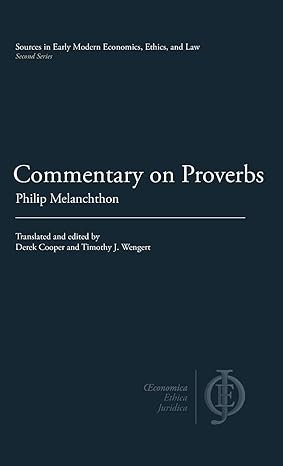
Proverbs, Virtues, and Callings
“This is at the heart of Melanchthon’s teaching on virtue in his commentary on Proverbs. We must ‘not undertake anything without our vocation constraining us,’ but within these vocations we must find the specific virtues that will adorn them and make our efforts useful.”

Cabrini: The Humble Saint Behind the Film
“Cabrini, the nun who would become a saint, dedicated her life to helping good people in practical ways… Her letters, carefully collected… showed the love that motivated her kindness.”
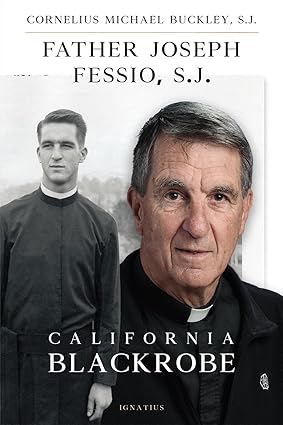
The Fessio Phenomenon
“I wish I could say that the recent history of Catholic higher education in America made sense, but, thanks to Father Buckley, it makes more sense to me than it used to.”
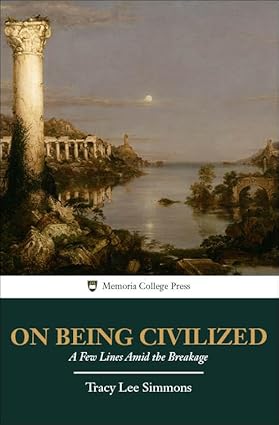
Transmitting Western Civilization Through Education
“…this book is a meditation on the idea of civilization and the role of education in transmitting a civilized life to future generations.”

The Divine Inspiration of Handel’s Messiah
“…to tell the story of the unusual circumstances and influences giving rise to Handel’s religious oratorio while ignoring that the purpose of the great work is to testify to faith in God in Jesus Christ is analogous to writing a biography of Martin Luther King, Jr. and using examples of his use of Scripture to illustrate only his political savvy, and not also what he actually believed in as a Christian minister.”

Buckley at 100: At Sea with William F. Buckley Jr.
“An elegant jet-setter with a flair for literary journalism, Buckley had few rivals in the art of travel writing, especially when it came to sailing. A master storyteller, he adeptly wove devices of fiction together with reportage to craft entertaining narratives full of exuberance and authority.”
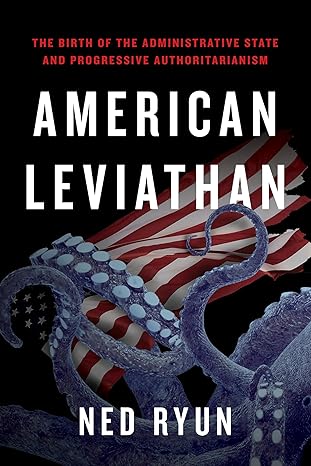
Roadmap for Downsizing the Administrative State
“Ryun begins by describing the ‘leviathan’ that has overtaken our democracy. It is crucial to understand that the administrative state is not merely a costly and wasteful but essentially innocuous excess of bureaucracy: it is, rather, an ‘unelected, detached, powerful bureaucracy’ that now controls most of our nation’s legislative, executive, and judicial functions, and as such it represents ‘nothing less than a regime change against and over the Constitution of 1787.’

To Awaken the Uneasy Sleeper: New Vistas on Russell Kirk’s Fiction
“…Mr. Peralta offers the first full-length analysis of Kirk’s fiction, noting that it is all of a piece with the overall philosophy of the author’s life and work, all reflecting the moral imagination.”
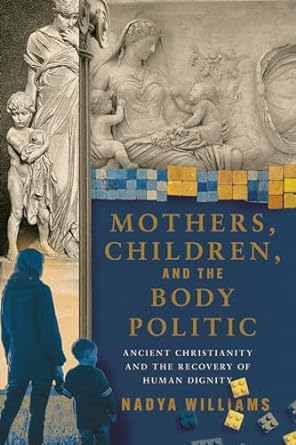
Halting the Assembly Line Life
“Williams’s consideration of our culture’s denigration of life is a deep and thorough one, as she considers not merely overt manifestations but even subtle messaging…”
The Book Gallery
A collection of conversations with Bookman editor Luke C. Sheahan and writers and authors of imagination and erudition. Click on the icon in the upper right corner of the video to see more episodes in this series or check out our YouTube page.
